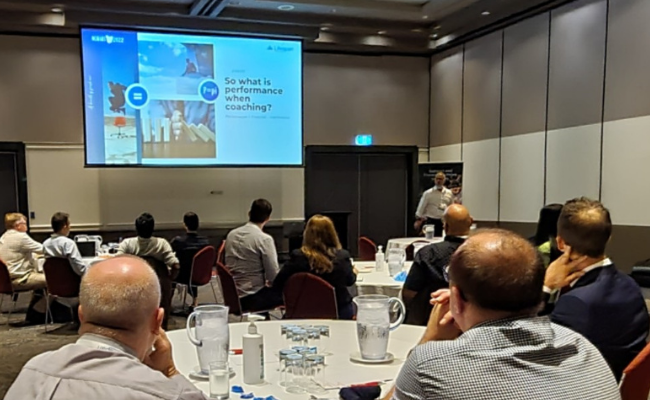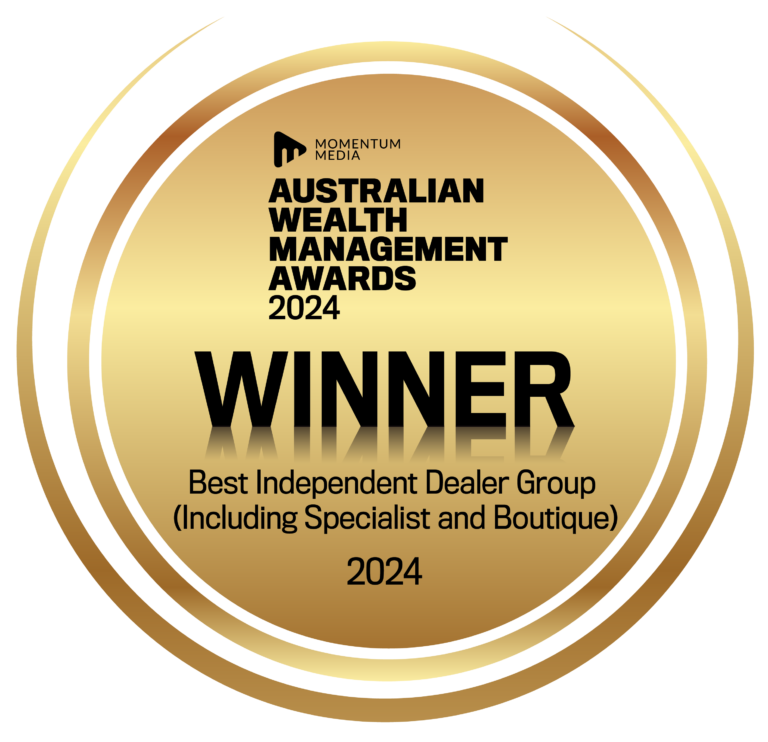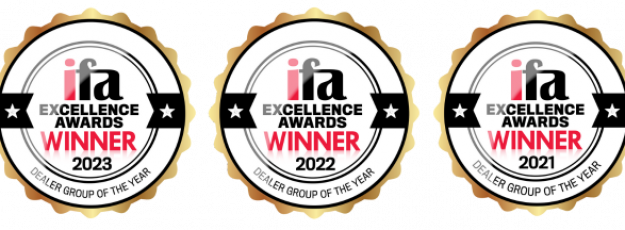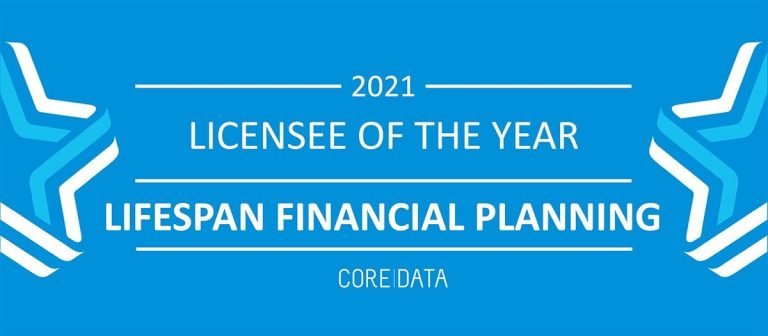Article also appears in ifa magazine online.
As a financial planner running your own advice practice, you not only need to be a competent financial planner, but also a confident business owner, able to set and achieve business objectives.
In over 20 years of coaching, supporting, and guiding advice practices to succeed, I have witnessed a range of roadblocks that can prevent advisers and their practices from reaching their full potential. To help overcome these roadblocks, a quality coach will get you to think outside the box, to challenge your thinking, and think beyond the obvious solution; but can we coach ourselves?
As an equation, your performance equals your potential minus interference. Therefore it’s interferences that prevent us from achieving peak performance. A coach aims to remove any interference or barriers to achieving your goals. As a financial planner you understand this, as you coach your clients by helping identify and remedy interferences that limit their potential to achieve financial goals.
Some advisers may not be ready to harness the insights of a business coach. If you wish to embark on developing your own business goals and objectives, but don’t feel ready to work with a business coach, you can start by coaching yourself. To do this you will need to commit to a process, and ideally, reach out to others for support along the way.
Coaching focuses on helping you unlock your potential. A good coach will instill a belief that you have the answers to your own problems within you. In most cases that belief is correct. One popular coaching process is the Sir John Whitmore’s GROW method which looks at the four steps of coaching as Goal, Reality, Options, and Where to?
Without using a coach to challenge your thinking, you must be able to step away from yourself when asking questions about yourself and your business. A useful self-reflective process is to think of someone you respect and ask the question, “What would they say or what advice would they offer if I asked them the same questions?”. Does it align with your thinking? If not, why?
Let’s break down the GROW methodology and apply some basic starting questions. In each case you should completely answer the question, before moving to the next:
What are your goals? Be specific.
- What are your most important goals or what keeps you awake at night?
- What would you like to happen that is not happening now?
- What will happen if you don’t achieve this?
- How will achieving this goal affect your life? What will it mean to you personally?
- How important from one to ten is it that you address this? If your answer is not at least 9, it is doubtful you will commit to any actions. Perhaps you can ask yourself why it’s not a 9 or above. For a change to occur, you need a reason, the desire, a commitment, a way to change, and finally the support to change if needed. No action will take place until you are committed to change.
What’s your reality? Be specific.
- Looking at your current reality. What is the situation right now? Describe it in relation to your goal or issue.
- In this current situation, what do you think others are saying, and what is their perception?
- How are you feeling about the situation?
- And what effect does this situation have on you?
- Is anything or anyone else relevant to this situation for you to act?
- Based on the answers to these questions, are there any refinements that you would like to make to your goal?
What are the options?
- What are four options I could use to address the issue or to achieve my goal?
- List what is currently being done and not presently being done.
- If you were with one of your peers, what sort of options would they give you?
- What criteria would you use to judge these options?
- Which one seems best against those criteria?
- What are the benefits of that option?
- What are the pitfalls of that option?
- So, what do you think of that option now?
- List the top two or three options.
Where to now? “A goal properly set is halfway reached”, Zig Ziglar.
What are your specific actions to achieve your desired outcome? Use SMART goals for the chosen options. These actions can also be incorporated directly into specific operational, tactical, strategic, or overall business planning documents if you have one.
- Specifically what options have you chosen, by who, what needs to be done, and by when.
- How will I measure whether the action has been done?
- Make sure the action or actions are achievable, realistic, and time-bound.
- What is the process for reviewing these actions?
Are you feeling comfortable OR uncomfortable about your answers and the actions?
If the process was all too easy and the outcomes were very similar to your current actions, you are likely not challenging yourself sufficiently to change.
Goal setting is something that you can work on yourself. However, reaching your potential involves being pushed outside your comfort zone, and being accountable for the outcomes you would like to achieve. This can prove difficult on your own. In these circumstances, you may well benefit from using external coaching. This might be a respected work colleague with strong business acumen, a Practice Development Manager experienced in coaching, or a professional business coach.
Holding yourself accountable
Without accountability, it is easy to become distracted, make excuses, blame other factors or just lose focus. It is crucial to document your goals and check in with them regularly to ensure you maintain your focus on measurable outcomes. If you are not continuing to progress, adjust your actions and restart. Using someone you respect to share your goals with will help you hold yourself accountable.
I have always thought of coaching as a little like friction. Even the smallest amount of friction over an extended period will cause change to any surface. Therefore, “If your actions don’t challenge you, they probably won’t change you or your business over time”.
Kevin Mayne, National Practice Development Manager (QLD), Lifespan Financial Planning




